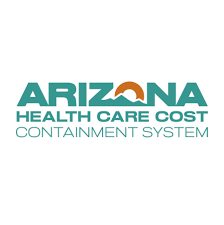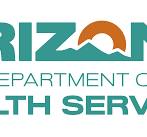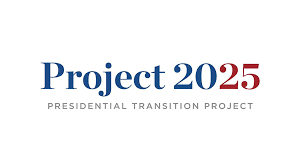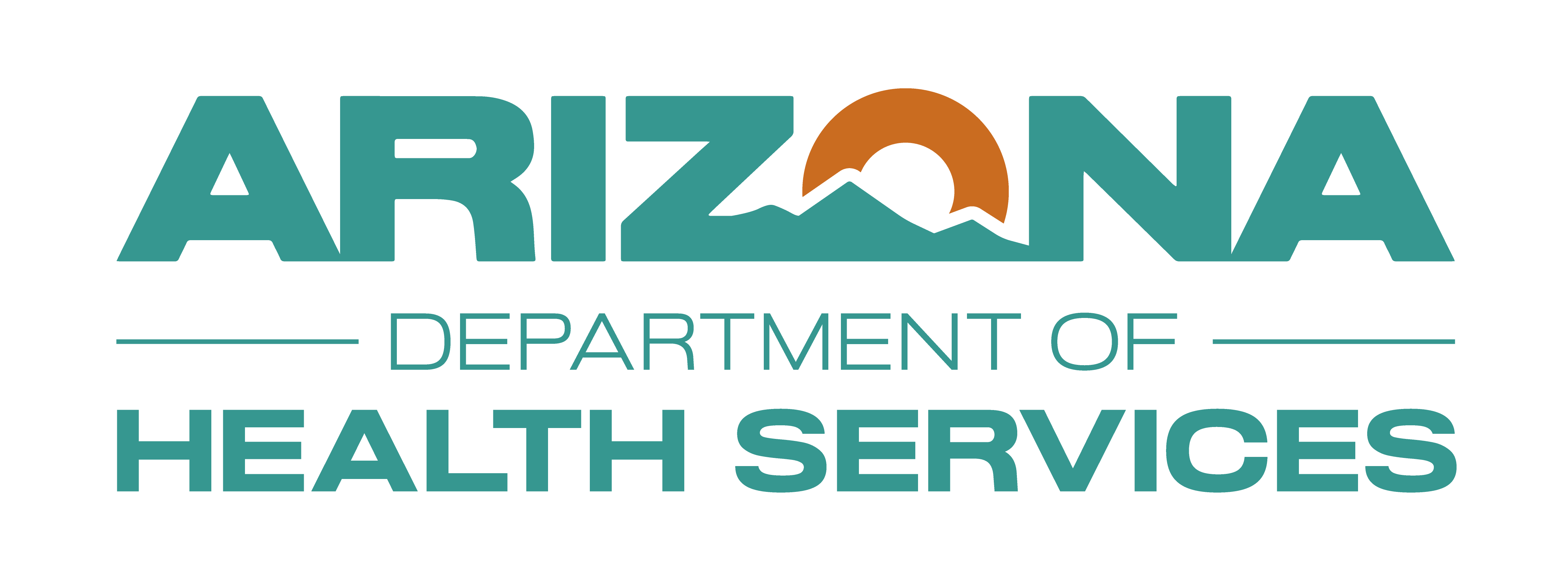On Monday the U.S. Supreme Court will hear Braidwood Management v. Becerra, which could roll back and freeze coverage for key preventive health services and screenings currently required by the Affordable Care Act. The new name for the case is Kennedy v. Braidwood Management, Inc.
At issue is whether commercial health plans have to continue to cover (w/o co pays) the Category A & B preventive services recommended by the U.S. Preventive Services Task Force (USPSTF).
USPSTF A & B Recommendations
Braidwood argues that USPSTF members have too much unreviewable authority; that they’re “principal officers” under the Constitution who should require Senate confirmation (task force members aren’t Senate confirmed). Because USPTF members aren’t Senate confirmed, the Plaintiffs argue that their decisions are void.
The Biden administration argued in the lower federal lower courts that USPSTF members are “inferior officers” – meaning that they’re adequately supervised by the HHS Secretary and that the recommendations are therefore valid.
The District Court ruled that all preventive-care coverage requirements that the task force has established since 2010 are invalid.
The U.S. Court of Appeals upheld that District Court decision but disagreed with invalidating all the post 2010 decisions, concluding that HHS should only be prohibited from enforcing the preventive-services coverage requirements against the Braidwood company itself, but not others. In other words that it doesn’t apply to the health care industry as a whole.
It’s unclear whether Kennedy’s Solicitor General will pull punches during oral arguments tomorrow in response to guidance he may get from Trump or because he doesn’t agree with the post 2010 TF decisions or preventive screenings etc. It’s a real risk, as some political appointees are more interested in keeping their jobs than doing them.
ACA’s Preventive Services Requirements are the Next Target for Opponents of the Affordable Care Act:
Braidwood Management v. Becerra
If the Supreme Court sides with the District Court, insurers could opt out of covering services recommended or updated by the USPSTF since 2010, including screenings for colorectal cancer in adults aged 45–49, depression screenings for adolescents, and HIV prevention medications like PrEP – effectively freezing preventive care standards as they existed in 2010.
If they side with the Appeals court, only Braidwood employees would be excluded from getting coverage for preventive health services.
The Supreme Court might even throw out all the currently mandatory coverage for preventive health services.
Without mandated coverage, many insurers will reintroduce copays or exclude certain preventive services altogether, causing decreased use of preventive care resulting in delayed diagnoses, higher healthcare costs, and widened health disparities.
The ACA’s preventive service mandates will remain in effect until the Supreme Court makes their decision later this summer.
Oral arguments in the case will be held Monday, with a decision this Summer.







